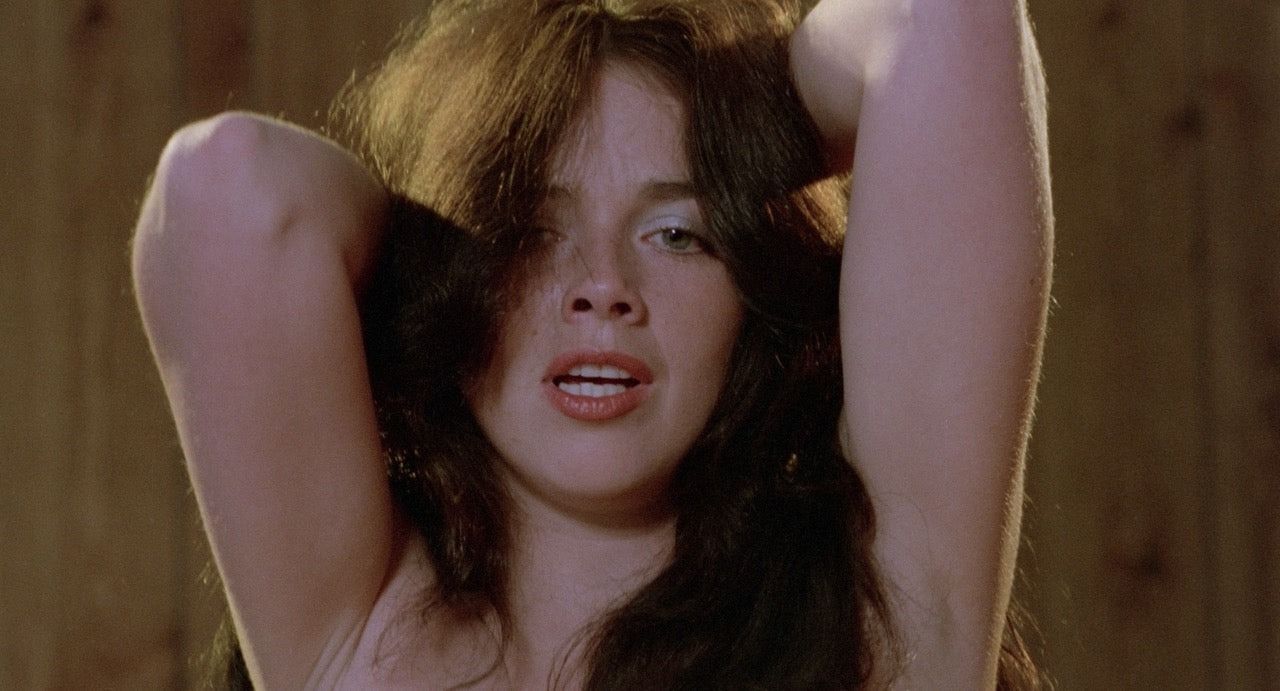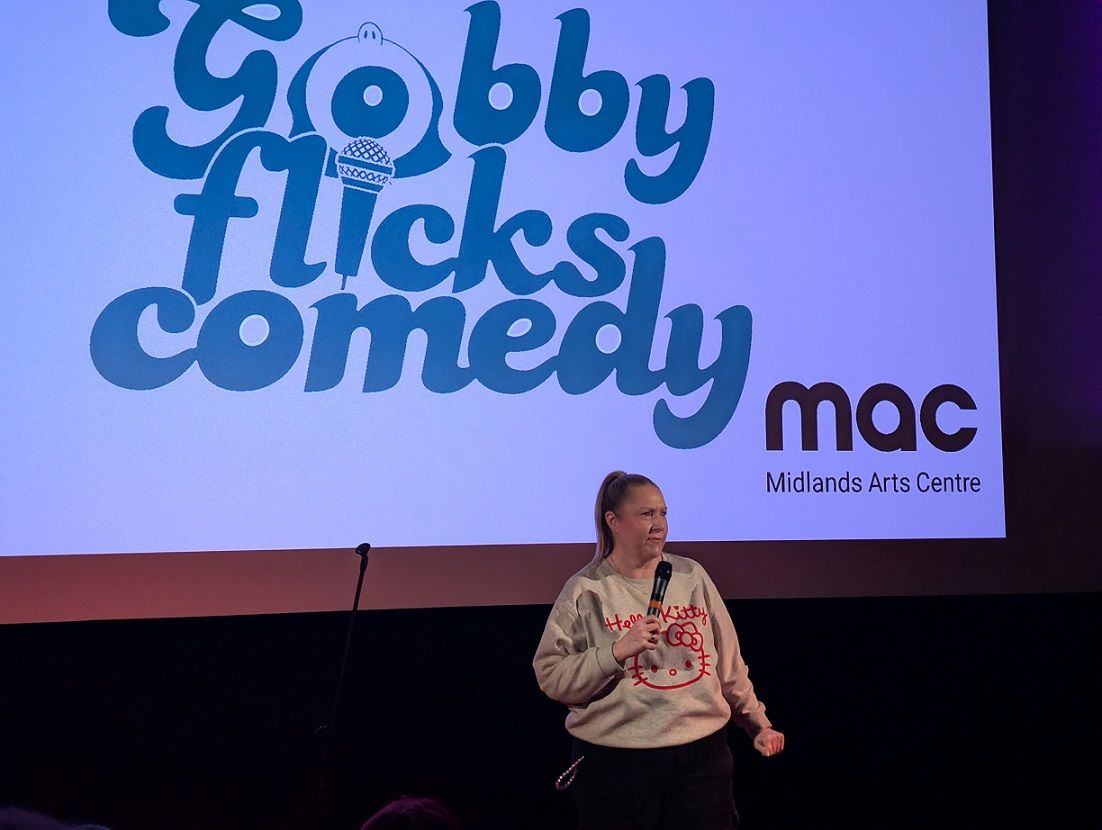Midlands Professional - Filmmaker Sophie Black
midlandsmovies • May 17, 2020

Midlands Professional - Sophie Black
Director Sophie Black is a Nottingham based filmmaker with many shorts to her name and in the latest of our ‘Professional’ series, she passes on her experience and advice about directing behind the camera. Want to get into directing yourself or learn more about the profession? Sophie, take it away...
To start with? Well, go for a walk, people-watch, whatever it is that inspires you. Collaborate with your friends if you need to bounce ideas around. Even if you don't have a camera yet, write stuff down, sketch things. I didn't have a camera until I was fifteen years old, so a lot of my early inspiration came from writing novels and physically making things with my hands. But to be honest, everyone has access to a camera these days (unlike when I was young!), because they come as standard with phones, so there's nothing to stop you just shooting something to find out what you like, and who you might be as a filmmaker. You're not going to find inspiration unless you go out and experience the world, decide what it means to you personally, and really get to know how you see the world as an individual.
But if you are the type that needs to research, then read books on filmmaking, or just watch films and make notes about certain stylistic decisions that inspire you. I first realised people could make a career out of films - and decided that was the career I wanted - when I read Peter Jackson's interviews in the Lord of the Rings visual companions, but there's lots of great articles out there to give you an early buzz if you need it.
This is different depending on the filmmaker - which is why it's good to spend some time experimenting first, to discover what kind of director you are. Definitely shoot something by any means necessary, even if it's just trying to recreate shots that inspired you, or even if that means directing your friends in amateur roles.
I've always been more of an actors' director than anything else, and if that's the same for you then I really recommend joining local drama or theatre groups, to practice working with actors in a focussed, technology-free environment. That's how I got my start. But either way, you will need to learn the language of cinema eventually, so studying technical filmmaking in some form - be it personal study or a structured course - is necessary at some point early on in your career.
Formal Eductation vs. Hands On Experience
You definitely need to know how to make films, but the way you learn is up to you. If you have family members or other peers who already know the language of cinema, and you grow up learning everything from those people, then it could be that you don't need to go to film school. The best way to learn things is by doing them, so nothing beats practical experience - plus, these days, you can learn a lot through YouTube tutorials. A lot of the best filmmakers I know are completely self-taught.
But if you've never learnt the basics of film production - e.g. 'this is how a camera works', 'this is how to light the average interview' - and if you learn better in an academic environment, then definitely take a course. It gives you a great foundation (not to mention the all-important life skills you get with any level of further education!). You also meet a lot of people on your course that you could end up working with in the future.
Motivating a Team
It's all about creating the right environment for people to work in. Morale always needs to be up, particularly if people aren't receiving payment. I think it's important to mix solid grafting on set with a sense of fun as well, whenever appropriate - so don't always take yourself too seriously. This film may be the most important thing in the world to you at that moment - but your crew needs other reasons to feel inspired. Listen to your crew when they're unhappy; join in with a joke or even a hug when they're in need of a break from the hard work. Good food helps as well, particularly if there's no money to give people - you won't believe what a bacon butty on a cold morning can do to lift the spirits!
General Skills
Leadership skills, confidence and belief in your vision are all important factors; if people don't respect you, they'll start listening to the next loudest voice in the room. But confidence doesn't come straight away. You need to build up your craft first; practice and learn every day, and start with small, independent crews before building up to full teams.
As I've said before, it's important to have a technical knowledge of film production - but you also need to admit which areas aren't your strong point. In the past I've given wrong information in this area; I've said that directors need to learn every aspect of filmmaking before they can direct their team - but do you really think that James Cameron knows which make-up to use to make a face look rounder, for instance? The truth is that everyone has some things that they're stronger at than others, and if you're focussing on every little area of a production, your skills will get stretched too thin, and your work will suffer because of it.
The trick is to make sure your weaknesses are covered; if there's something you're not so good at, make sure there's someone better at it to handle that area for you. (To give an example, I learnt that whilst I'm confident directing dialogue and small physical interactions, I'm not as good with scenes that involve more detailed choreography, such as stunts. So in the future I'll always hire a stunt co-ordinator when the scene requires.) It's not a sign of a weak director to admit you're not great at something, as filmmaking is a collaborative process after all; what is weak, however, is if someone ignores their failures and lets them show in the finished film when it could've been avoided. That makes the director look bad.
One of my favourite things about film production is the fact that you're surrounded by brilliantly talented people, all experts in their field, all brought together to make your vision a reality. You need to learn how to get the best out of these people, and how to keep them at their best - but you also need to learn to listen to their ideas and let them have an input into the film. It will help give them a sense of ownership over it too, which will encourage more loyalty to the project. And trust me, you definitively need loyalty - particularly in the long slog of post-production, when the work feels less structured, and you need to find other ways to keep your crew engaged.
It's also important that a director rehearses everything with their actors. Absolutely everything. It's tempting to think that you only need to rehearse dialogue, or complicated action, like fight scenes. Even wordless moments need to be polished by the time the cameras roll, otherwise it will cause delays on set and your actors might feel uncomfortable. I've made this mistake in the past, thinking "this is a basic movement - we can just put a camera on the actor now and let them go for it". I was very young and arrogant back then!
Director Advice
Firstly, don't be a director until you've been a crewmember. I've said this a lot. Too many people think they can go out into the world as a 'director' without hands-on experience behind them. Those people often don't get work. But being a member of the crew - starting low down the ladder, and building your way up - will help you to learn more about the practicalities of film production, so that you understand exactly what you'll be asking your crew to go through when you direct them. It's also the best way to meet people, to create a list of future collaborators for when you move onto your own projects. That's what worked for me.
Secondly, make sure you really, really love a project before you go into production. People don't realise how much commitment goes into a successful short film. There can be a year between writing a script and shooting a film, particularly if you need to raise money, and you can spend months in post-production too. On top of that, the average festival run lasts for two years - after a festival finally accepts you. So you're realistically looking at four years' worth of work on a project, and if you don't care for it or believe in it, those four years can feel even longer. Can you guarantee that you won't abandon your film when something shiny and new comes along? If the answer is no, then don't start it in the first place.
And finally, don't ask people, cast or crew, to do something you aren't willing to do yourself. You need to be a leader - not a dictator! If you expect people to work long hours, or stay later than expected, be there with them. If they need to be in a scenario where they are cold or uncomfortable, show that you would willingly do the same for them. It's for this reason I starred in a music video, playing a prostitute, shortly before I directed my actors in some sexual scenes on the set of Ashes - I needed to understand how awkward or uncomfortable they would be feeling on the day.
Finance
Commercial and corporate work is great, when you can get it. You need something to fill the gaps in between your short film projects, and it's really satisfying to have a job that utilises your filmmaking skills. Plus there's nothing like working with clients to prepare you for the amount of say commissioners and executive producers will have, should you approach them with feature film ideas.
Leaving your day job for film production is hard. You certainly shouldn't do it unless you know you'll have money coming in - or unless you have contacts and a strong business plan in place. Do it when you're young; fresh out of university is the best age to try things. The older you get, the more responsibility you have, and the more chance you have of becoming homeless, should it all go wrong!
I can't tell you exactly how to make it work. Some people take a leap of faith, and it works out for them; others take a long time to build up their contacts and personal clients before becoming self-employed. If you need a bit more confidence and structure before you take the plunge, there's nothing wrong with taking business classes - it can all be applied to freelance filmmakers. All I will say is, only you will know the minimum level of success you are comfortable with - and whatever happens, you need to have a plan B.
I get asked about crowdfunding a lot, and although I've had some success with it, I'm not the biggest fan. It's a necessary evil - but people can rely on it too much. What people don't understand is that the moment you receive crowdfunded donations, unless it's going through a business, an accountant will see you as self employed. You need to be prepared for the implications of receiving this money. If you don't declare £1,000, you might get away with it - but I don't recommend you risk it. If you don't declare £10,000, that's a completely different kettle of fish. Crowdfunding has been very popular for the last few years, so of course the HMRC are aware of it, and they do have their eyes on the filmmaking community. So definitely declare your earnings, but if you can, get an accountant or a financial adviser who can help you declare it properly. Because you don't usually get to keep the crowdfunding money for yourself, you really don't want to end up out of pocket through tax implications.
Inspiration
I've used "film is temporary, film is forever" a few times. Who hasn't? I first heard Peter Jackson say it to Miranda Otto, in a making-of-documentary, during a long, difficult scene in The Return of the King - but I know he wasn't the first person to say it.
I also loved it when, on the set of Moulin Rouge, Baz Luhrmann declared "I challenge you all to make me say 'you've gone too far'!" That's a bit mad, but it's braver than I can be, so I applaud that. Incidentally Baz's company motto is "a life lived in fear is a life half-lived", and I think of that whenever I face the next, daunting project.
I have a plaque in my office that says "keep your eyes on the stars and your feet on the ground". I don't know who said that, but it always reminds me to stay humble and remember the little things in life that matter the most.
Sophie Black
Check out Sophie Black's Production company Triskelle Pictures here: https://www.triskellepictures.co.uk
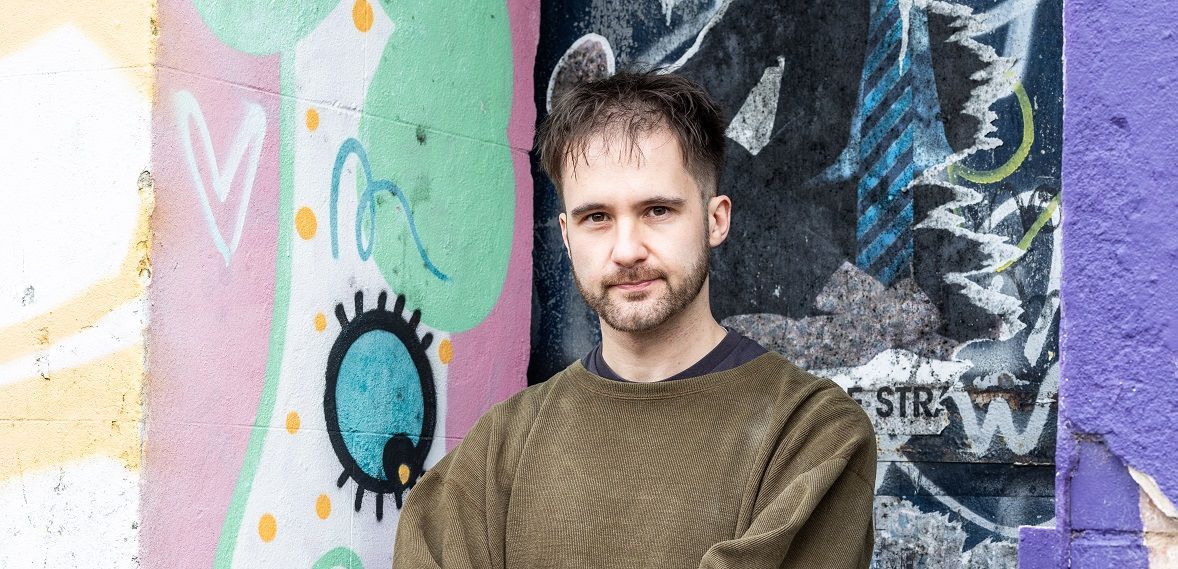
With a number of acclaimed films under his belt including Cosmo, Gone Fishing and The Morgue Party, Jonathan Hawes launches a new short, once again in his favourite genre of comedy. Midlands Movies Mike Sales speaks to the writer/director about his latest project, his influences and his plans for the film.
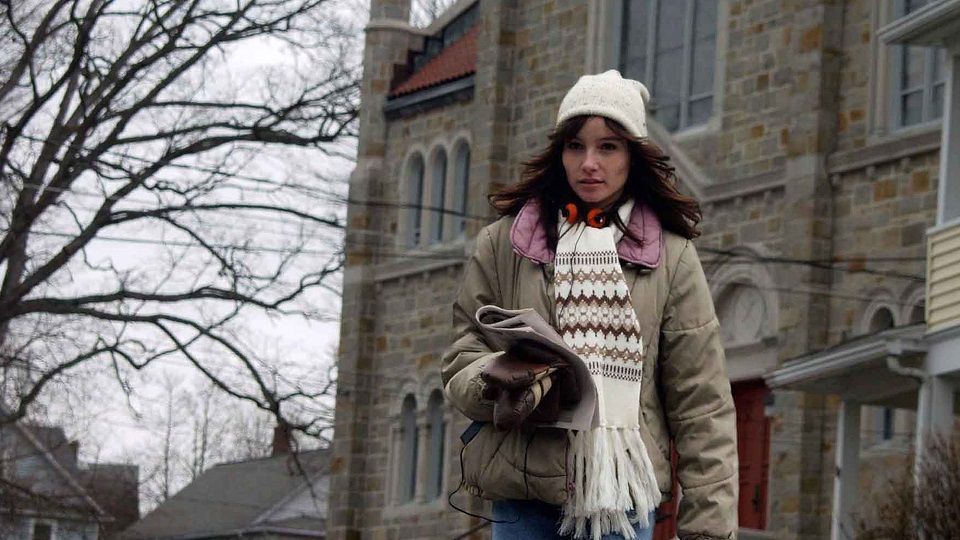
Ti West’s The House of the Devil makes a wonderful companion piece to his film The Innkeepers. Both maintain the director’s referential approach to horror, incapsulating it in a slow burning 90 minutes that manages to build and maintain tension while cheekily winking to the audience and showing the mechanisms behind the scares.
